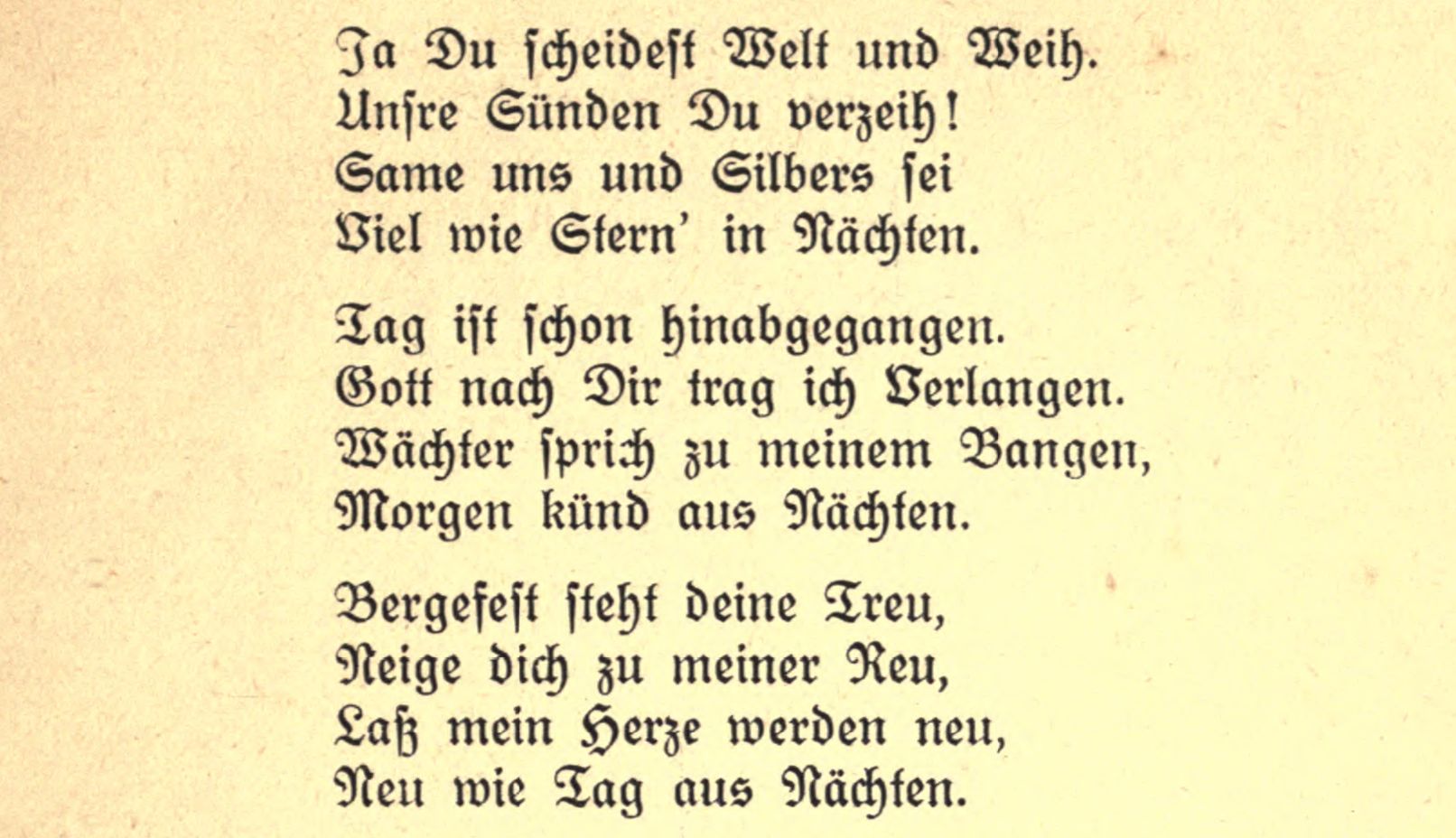This explanatory translation of the baraita was made by Ben-Zion Bokser who noted the following:
The Torah was conceived not as a static body of rules, whose careful observance was all that a person required to meet God’s will. Its teachings were rather looked upon as the living seeds, capable of sprouting into new principles and new regulations, in accordance with the changing requirements of life. The “development” of the Torah, in this sense, is well illustrated by the literature of the Talmud. It was achieved by a process of interpretation, which followed certain rules, the most important of which are those laid down by the famous scholar of the Talmud, Rabbi Yishmael.
The study passages incorporated in the preliminary prayers represent the three major branches of Jewish sacred literature, the Hebrew Bible (TaNaKh), the Mishnah, and the Talmud. The Baraita quoting Rabbi Yishmael was to represent the Talmud. It is a fitting selection, because it sets forth the basic procedures by which Talmudic discussions operated.
| Source (Hebrew) | Translation (English) |
|---|---|
רַבִּי יִשְׁמָעֵאל אוֹמֵר: בִּשְׁלשׁ עֶשְֹרֵה מִדּוֹת הַתּוֹרָה נִדְרָֽשֶׁת׃ |
Rebbi Yishmael says: The process of deriving new applications from the teachings of the Torah follows thirteen rules of interpretation. |
מִקַּל וָחֹֽמֶר. |
1. A law that operates under certain conditions will surely be operative in other situations where the same conditions are present in a more acute form. |
וּמִגְּזֵרָה שָׁוָה. |
2. A law operating in one situation will also be operative in another situation, if the text characterizes both situations in identical terms. |
מִבִּנְיַן אָב מִכָּתוּב אֶחָד, וּמִבִּנְיַן אָב מִשְּׁנֵי כְתוּבִים. |
3. A law that clearly expresses the purpose it was meant to serve will also apply in other situations where the identical purpose may be served. |
מִכְּלָל וּפְרָט. |
4. When a general rule is followed by illustrative particulars, only those particulars are to be embraced in it. |
וּמִפְּרָט וּכְלָל. |
5. A law that begins with specifying particular cases, and then proceeds to an all-embracing generalization, is to be applied to particular cases not so specified but logically falling into the same generalization. |
כְּלָל וּפְרָט וּכְלָל, אִי אַתָּה דָן אֶלָּא כְּעֵין הַפְּרָט. |
6. A law that begins with a generalization as to its intended application, then continues with the specification of particular cases, and then concludes with a restatement of the generalization, can be applied only to the particular cases specified. |
מִכְּלָל שֶׁהוּא צָרִיךְ לִפְרָט, וּמִפְּרָט שֶׁהוּא צָרִיךְ לִכְלָל. |
7. The rules about a generalization being followed or preceded by specifying particulars (rules 4 and 5) will not apply if it is apparent that the specification of the particular cases or the statement of the generalization is meant purely for the sake of achieving a greater clarity of language. |
כׇּל דָּבָר שֶׁהָיָה בִּכְלָל וְיָצָא מִן הַכְּלָל לְלַמֵּד, לֹא לְלַמֵּד עַל עַצְמוֹ יָצָא, אֶלָּא לְלַמֵּד עַל הַכְּלָל כֻּלּוֹ יָצָא. |
8. A particular case already covered in a generalization that is nevertheless treated separately suggests that the same particularized treatment be applied to all other cases which are covered in that generalization. |
כׇּל דָּבָר שֶׁהָיָה בִּכְלָל, וְיָצָא לִטְעוֹן טֹֽעַן אַחֵר שֶׁהוּא כְעִנְיָנוֹ, יָצָא לְהָקֵל וְלֹא לְהַחֲמִיר. |
9. A penalty specified for a general category of wrong-doing is not to be automatically applied to a particular case that is withdrawn from the general rule to be specifically prohibited, but without any mention of the penalty. |
כׇּל דָּבָר שֶׁהָיָה בִּכְלָל וְיָצָא לִטְעוֹן טֹֽעַן אַחֵר שֶׁלֹּא כְעִנְיָנוֹ, יָצָא לְהָקֵל וּלְהַחֲמִיר. |
10. A general prohibition followed by a specified penalty may bo followed by a particular case, normally included in tho generalization, with a modification in penalty, for no other reason than to change the penalty, either toward easing it or making it more severe. |
כׇּל דָּבָר שֶׁהָיָה בִּכְלָל וְיָצָא לִדּוֹן בַּדָּבָר הֶחָדָשׁ, אִי אַתָּה יָכוֹל לְהַחֲזִירוֹ לִכְלָלוֹ, עַד שֶׁיַּחֲזִירֶֽנּוּ הַכָּתוּב לִכְלָלוֹ בְּפֵרוּשׁ. |
11. A case logically falling into a general law but treated separately remains outside the provisions of the general law except in those instances where it is specifically included in them. |
דָּבָר הַלָּמֵד מֵעִנְיָנוֹ, וְדָבָר הַלָּמֵד מִסּוֹפוֹ. |
12. Obscurities in Biblical texts may be cleared up from the immediate context or from subsequently occuring passages. |
וְכֵן שְׁנֵי כְתוּבִים הַמַּכְחִישִׁים זֶה אֶת זֶה, עַד שֶׁיָּבֹא הַכָּתוּב הַשְּׁלִישִׁי וְיַכְרִֽיעַ בֵּינֵיהֶם׃ |
13. Contradictions in Biblical passages may be removed through the mediation of other passages. |
יְהִי רָצוֹן מִלְּפָנֶיךָ, יְיָ אֱלֹהֵינוּ וֵאלֹהֵי אֲבוֹתֵינוּ, שֶׁיִּבָּנֶה בֵּית הַמִּקְדָּשׁ בִּמְהֵרָה בְיָמֵינוּ, וְתֵן חֶלְקֵנוּ בְּתוֹרָתֶךָ: וְשָׁם נַעֲבָדְךָ בְּיִרְאָה כִּימֵי עוֹלָם וּכְשָׁנִים קַדְמוֹנִיּוֹת׃ |
May it be your will, YHVH our elo’ah and elo’ah of our ancestors, that our holy Temple be restored in Jeruslaem, and grant our portion among those who devote themselves to your Torah. O may we be privileged to worship your in our restored sanctuary, in splendor and in awe, as in ancient days. |
Source(s)


“ברייתא דרבי ישמעאל | The Baraita of Rebbi Yishma’el: thirteen principles of halakhic exegesis, translated by Ben-Zion Bokser” is shared through the Open Siddur Project with a Creative Commons Attribution-ShareAlike 4.0 International copyleft license.






Comments, Corrections, and Queries